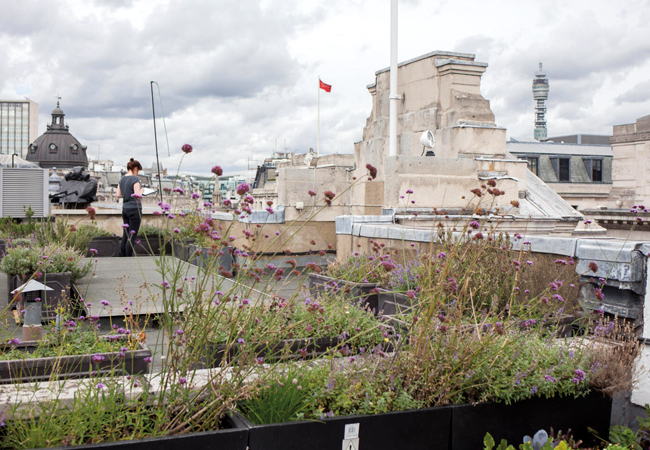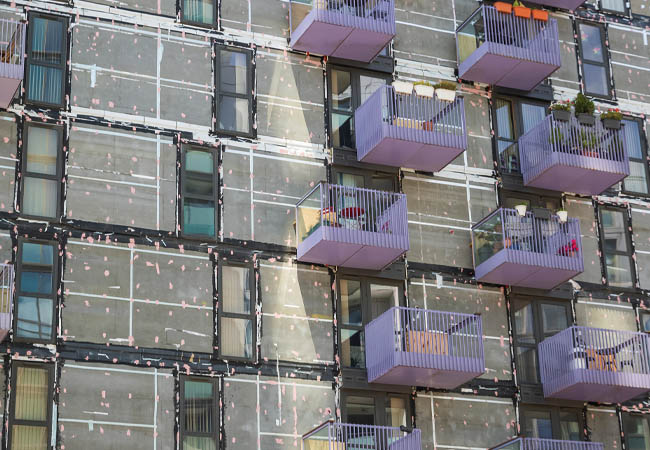
The Wild West End project seeks to increase green spaces in London
All major housing developments in England are now required to deliver at least a 10% net gain in biodiversity or habitat, under new government rules.
The Biodiversity Net Gain (BNG) Regulation became mandatory on 12 February under the Town and Country Planning Act , having first been introduced through the 2021 Environment Act. Its aim is to help deliver the government’s commitment to halt species decline by 2030.
Developers in England are now legally required to deliver at least a 10% increase in biodiversity when major building projects are undertaken.
England is the first country in the world to make BNG a legal requirement, according to the Department for Environment, Food and Rural Affairs. The requirement can be met by furnishing habitat on the developer’s own land or by purchasing a share of a nature-compensation scheme set up by a land manager or farmer. However, delivery of BNG within the development’s boundary must be considered first before looking off site.
Alternatively, applicants must buy statutory BNG credits from a government scheme administered by Natural England, and the money raised will then be reinvested in habitat projects across the nation.
A statutory metric tool will be used to calculate how many units a habitat contains before development takes place.
BNG requirements apply only to new planning applications and not to those already submitted.
They will be rolled out for small sites of fewer than nine dwellings from 2 April and implementation is expected for Nationally Significant Infrastructure Projects in late 2025.
However, according to a survey carried out by the Royal Town Planning Institute, 41% of public sector planners are uncertain about whether they have access to the necessary ecological expertise to comply with the new BNG requirements.




